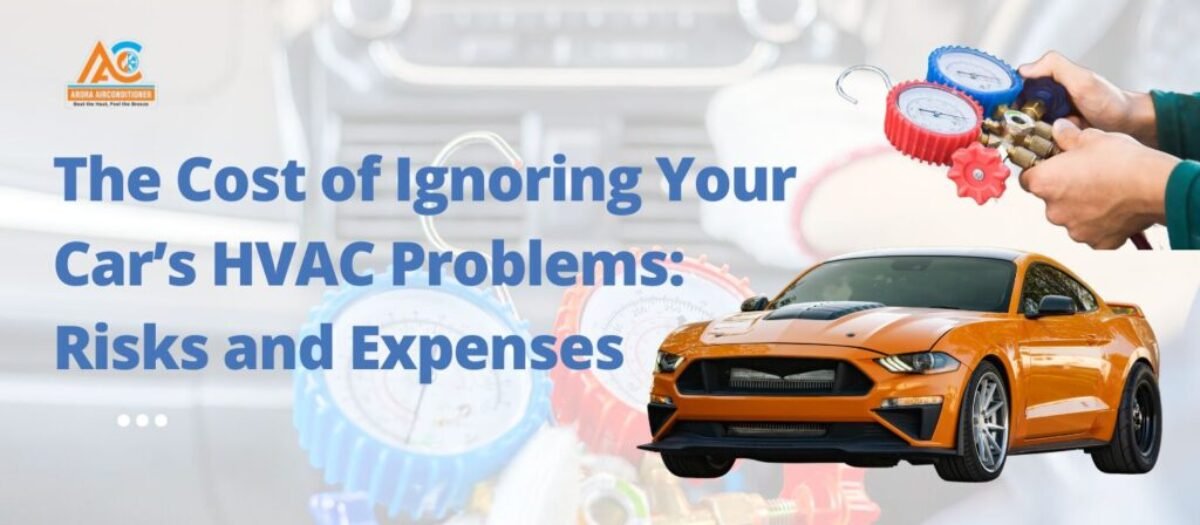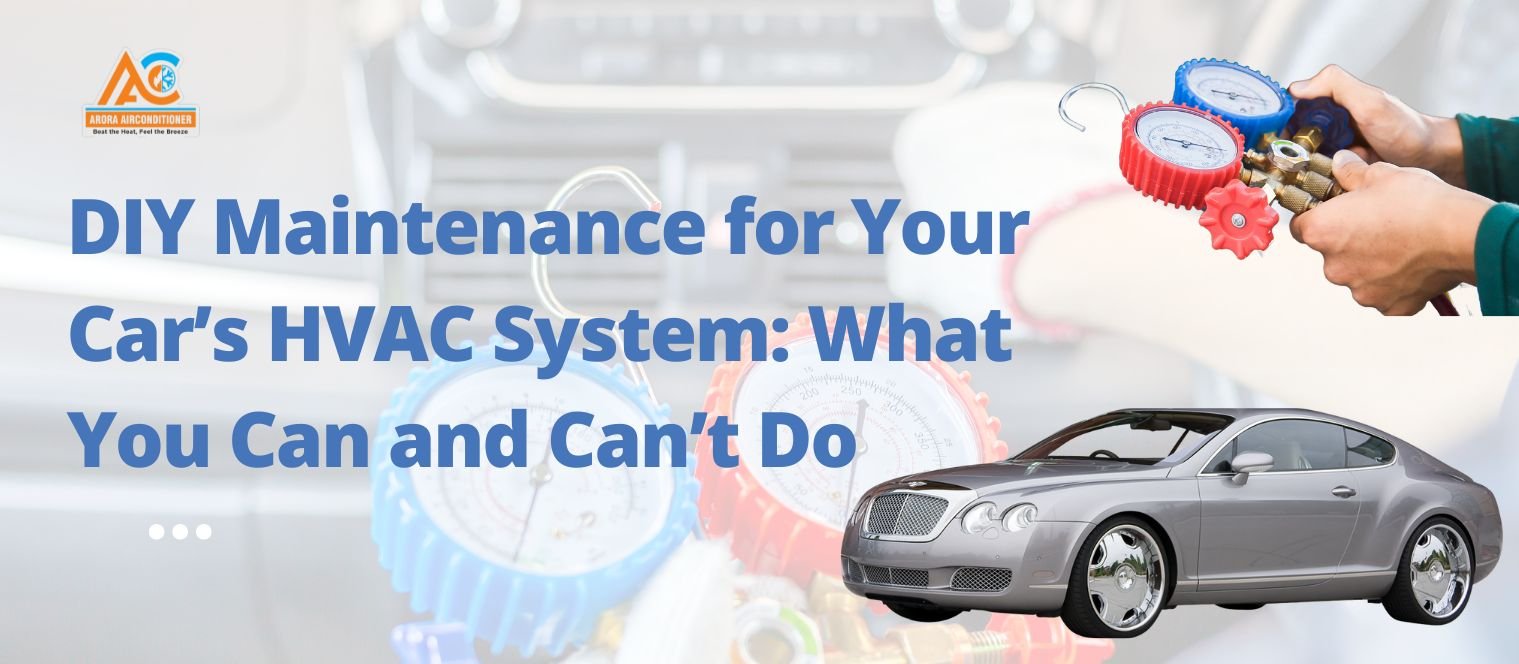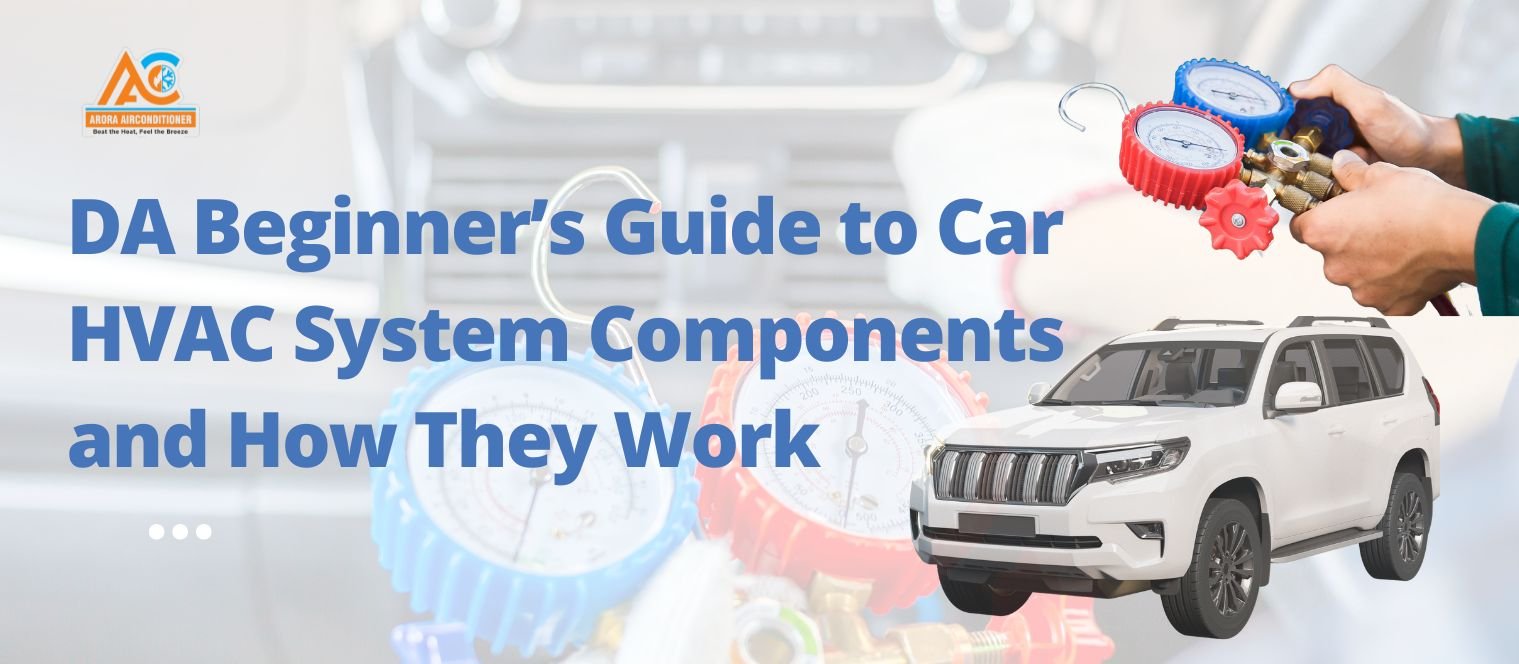Your car’s HVAC (Heating, Ventilation, and Air Conditioning) system isn’t just about comfort—it’s about safety, efficiency, and protecting your vehicle’s value. Many drivers, however, tend to overlook HVAC problems, assuming they’re minor inconveniences. The truth? Ignoring these issues can lead to major risks and hefty repair bills.
In this blog, we’ll explore the dangers of neglecting your car’s HVAC system, the potential costs of ignoring problems, and how regular maintenance can save you money in the long run.
Why Your Car’s HVAC System Matters
The HVAC system in your car ensures:
- Comfort: Regulates temperature for a pleasant driving experience, regardless of the weather.
- Visibility: Defrosters clear up fogged or frosted windows for safe driving.
- Air Quality: Filters out dust, pollen, and pollutants to keep the cabin air fresh.
When the system malfunctions, all of these benefits are compromised, potentially affecting both your comfort and safety.
Risks of Ignoring HVAC Problems
1. Escalating Repair Costs
A little problem might easily turn into an expensive fix. For instance:
- Ignoring a minor refrigerant leak might result in compressor failure, which can be expensive to fix.
- The blower motor may be overworked and fail too soon as a result of a blocked cabin air filter.
2. Reduced Safety on the Road
- In cold or rainy conditions, a broken defroster can make it harder to see, which raises the possibility of accidents.
- Driver weariness and pain resulting from overheating in hot weather owing to a malfunctioning air conditioning system can impair concentration and reaction times.
3. Damage to Other Systems
The HVAC system is interconnected with other parts of your vehicle. For instance:
- The alternator or power steering may be impacted by the strain a malfunctioning compressor causes on the serpentine belt.
- Mold development or electrical damage within the cabin may result from excessive moisture caused by a clogged AC drain pipe.
4. Health Risks
- Particularly for people with asthma or allergies, a dirty HVAC system can cause respiratory problems by circulating dust, allergens, and even mold spores throughout the cabin.
- Bacterial development in the system can produce stale, disagreeable odors that can make driving difficult.
Signs You Shouldn’t Ignore
If you notice any of these symptoms, your HVAC system may need immediate attention:
- Inadequate or irregular ventilation.
- Either cool air from the heater or warm air from the air conditioner.
- Strange sounds, such as rattling, grinding, or screeching.
- Unpleasant smells when the system is operating.
- Water puddles beneath the vehicle or within the cabin.
- Windows that are foggy or icy even after using the defroster.
Ignoring these signs can result in higher repair costs and safety risks.
How Regular Maintenance Saves You Money
Regular HVAC maintenance has significant returns for a minimal investment:
- Increased Efficiency: Fuel expenses are reduced when a system is kept clean and well-maintained.
- Extended Component Lifespan: By reducing wear and tear, preventive care postpones the need for expensive replacements.
- Early Problem Detection: Technicians can save you time and money by identifying minor problems before they become more serious.
Don’t Wait for Problems to Get Worse—Take Action Today!
Ignoring your car’s HVAC problems can result in more than simply pain; it can also raise the likelihood of safety dangers, health problems, and expensive repairs. Maintaining your system on a regular basis keeps you safe and comfortable while driving.
At Arora Air Conditioner, we specialize in car HVAC maintenance and repairs. Our skilled technicians can handle everything from routine inspections to major system overhauls.
Conclusion
The HVAC system in your car is more than just a convenience; it’s necessary for your safety, comfort, and the general well-being of your car. Ignoring minor problems now could result in future expensive repairs, safety hazards, and even health consequences.
FAQ
- What happens if I ignore HVAC problems in my car?
Ignoring HVAC problems can result in increased repair costs, decreased comfort, safety hazards (such as a malfunctioning defroster that impairs vision), and even health issues due to poor air quality. If minor issues are not resolved, they frequently become costly fixes. - How much does it cost to repair a car’s HVAC system?
The cost depends on the issue:
- Cabin air filter replacement: $20–$50
- Refrigerant recharge or leak repair: $150–$500
- Compressor replacement: $800–$2,500
Regular maintenance can help avoid these larger expenses.
- What are the most common car HVAC problems?
Common issues include:
- leaks or low quantities of refrigerant.
- filthy or clogged cabin air filters.
- compressors that are not working properly.
- issues with electrical controllers or blower motors.
- An accumulation of water is caused by blocked AC drain lines.
- How do I know if my car’s HVAC system needs repair?
Signs of trouble include:
- Insufficient air flow or erratic temperature.
- Unusual sounds, such as rattling or squealing.
- Bad smells coming from the vents.
- Water pooling within the vehicle.
- Windows that are foggy even after using the defroster.
5. Is it cheaper to maintain an HVAC system than to repair it?
Of course! Repairing or replacing important components like the compressor or evaporator is significantly more expensive than routine maintenance like changing air filters and checking for leaks.




